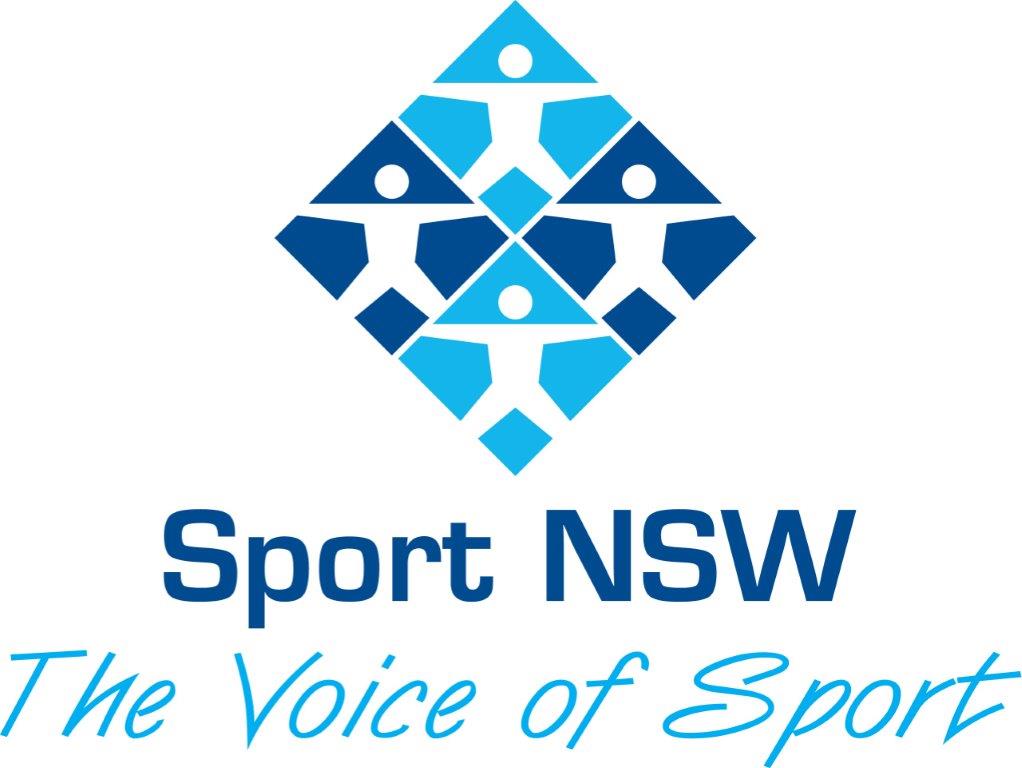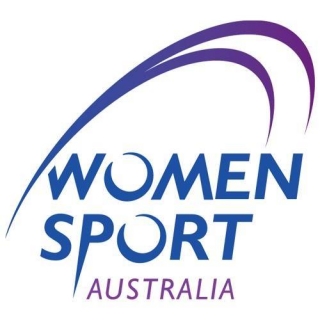The amount of editorial given to Jason Collins, the NBA player who recently announced he was gay, demonstrates to me at least not how far we have come in accepting an individual’s sexuality, but how far we really have to go in this regard.
In Australia Ian Roberts (Rugby League), Matthew Mitcham (Diving) and Daniel Kowalski (Swimming) are a few of the prominent Australian sportspeople who, like Collins, have had the courage to declare their sexuality publicly.
But in 2013 why should this even matter?
Not so long ago I had the pleasure of assisting a National Sporting Organisation with the search and selection of their Chief Executive Officer. Among the three shortlisted candidates was a candidate known to me for some time, he was of particularly high quality and a very close fit to the key experiences and skills outlined in the job profile. Based on factors of merit, I had invited him to apply for the role and he was subsequently recommended for shortlist interview. The client agreed with our shortlist recommendations and, as is always our practice, I contacted each of the shortlisted candidates to advise them of the good news and answer any additional questions they may have pre-interview.
When I contacted this particular candidate and after completing the briefing and details of the interview, he asked whether I could do him a “small” favour before he met the Selection Panel. He specifically requested I advise the Selection Panel he is gay and that he wanted them to be aware of this if they proceeded with the interview and/or appointment. He went on to say that he’d understand if they did not wish to continue to consider him if his sexuality was an issue for them; but he’d rather get this out of the way early and before any further progress was made.
My initial response was that it simply wasn’t necessary to alert the Selection Panel to his sexuality, just as I wouldn’t ring them to tell them a candidate was heterosexual, Catholic or had blue eyes. Why did this even matter and how could this have any bearing on the outcome of the selection process I asked? His response was enlightening including examples of clear discrimination in the workplace and earlier application processes that he’d simply accepted as the norm, but not forgotten. While I continued to protest he simply asserted that unless I told the Selection Panel before the interview he would withdraw as a candidate.
Reluctantly, given this ultimatum combined with the fact he was an outstanding candidate and his withdrawal would be a loss to our client, I agreed and called the President and Chair of the Selection Panel. His response was … “Well, that won’t be an issue given half our Board is either gay or lesbian! We’ll make sure we don’t actively discriminate against the others if they are heterosexual.”
I still reflect on this issue whenever recruiting. That is, it shouldn’t matter whether a person is GLBT just as religion, age and gender equally have no bearing on a person’s capacity to perform the job. That’s the golden rule we should all apply whenever we are considering candidates for a job.
Factors of merit and fit against the salary bands are the primary ways to determine whether a candidate is right for a job.
Every employer should test themselves every time they are engaged in a recruitment process checking they are not basing their shortlist and final decisions on factors outside of merit and fit against the job profile. Don’t give this lip service and simply talk the talk. Discrimination means you short change your organisation and exclude talented candidates who can do the job.
And, in case you’re wondering, yes, he got the job and fulfilled all our expectations plus more.
RM – Sportspeople Recruitment
First Published 2013





